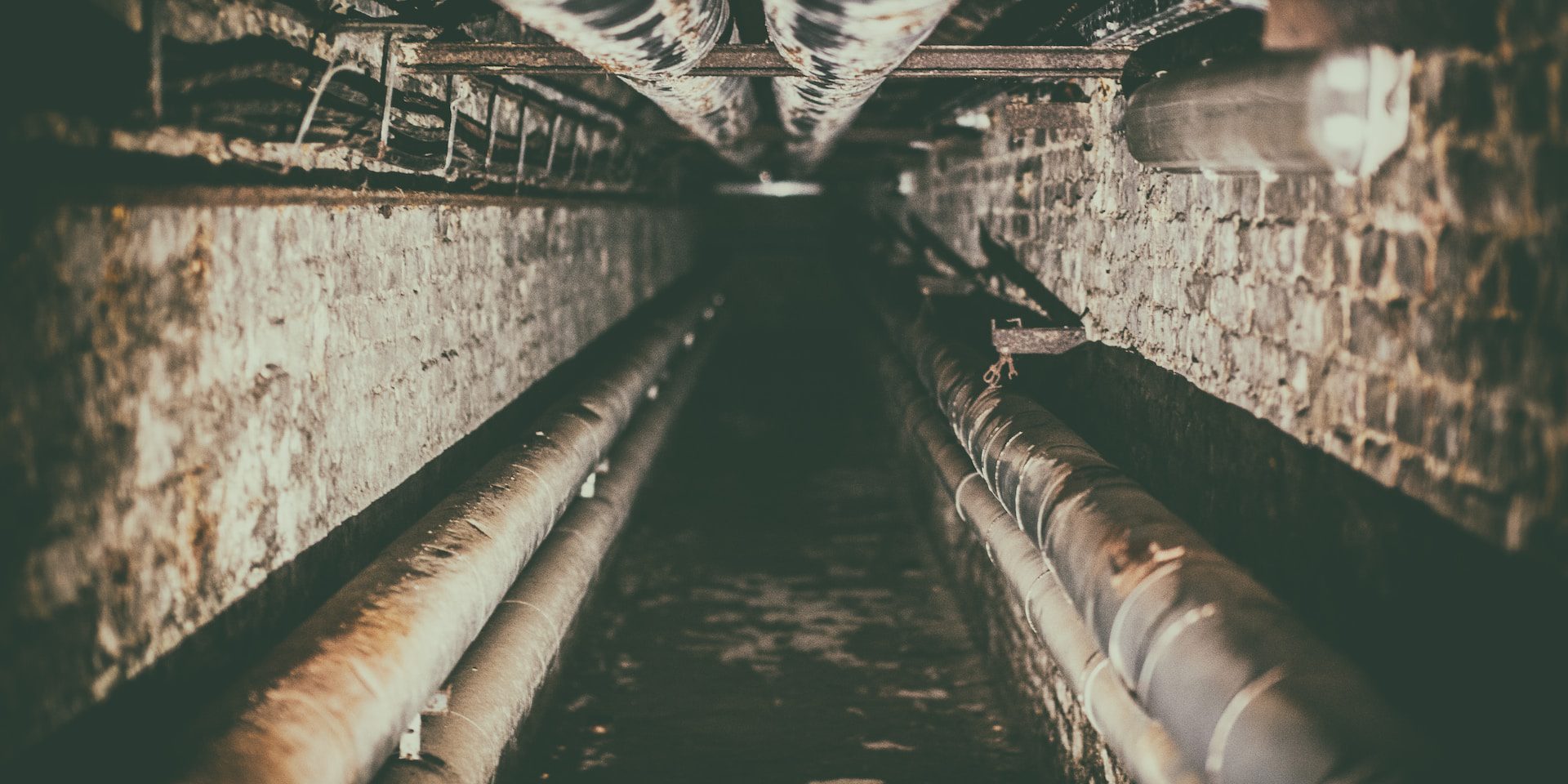A burst pipe in your home can cause significant water damage, leading to costly repairs and potential mold growth. During periods of extreme cold, homeowners must be vigilant in taking essential precautions to prevent pipes from freezing and bursting, as well as implementing prompt strategies for mitigating damage should a burst occur. In this comprehensive guide, the professionals at Restoration Solutions share essential tips and advice to help you safeguard your home against the devastating effects of burst pipes during the coldest months.
Armed with the expert guidance provided in this article, you can navigate the challenges of extreme cold confidently, knowing you have taken every step necessary to secure your home against the threat of burst pipes. Keep your home cozy, dry, and safe without the stress and anxiety that burst pipes can cause.
1. How To Properly Insulate Your Pipes
Proper insulation of your home’s pipes is the first line of defense against freezing and burst pipes during extreme cold in the Greater Dallas-Fort Worth Area. Inspect all exposed pipes in your home, including those in basements, crawl spaces, garages, and attics. Use pipe insulation materials such as foam sleeves or heat tapes to help maintain a consistent temperature within the pipes and minimize the risk of freezing. Remember to also insulate hose bibs and exterior pipes, as these are particularly vulnerable to freezing temperatures.
2. Understanding and Detecting Frozen Pipes Early
Early detection of frozen pipes is crucial for preventing potential bursts. Be aware of the warning signs that indicate possible frozen pipes, such as:
– Unusually low water pressure or no water flow at all
– Frost on exposed pipes
– Strange odors coming from faucets or drains
Should you notice any of these signs, act promptly to thaw the pipes and prevent them from bursting.
3. Safe and Effective Methods To Thaw Frozen Pipes
If you’ve detected a frozen pipe in your Greater Dallas-Fort Worth Area home, follow these steps to safely thaw it and mitigate the risk of a burst:
– Turn off the main water supply to prevent further damage in case of a burst pipe.
– Open all faucets connected to the frozen pipe to alleviate pressure and allow water to flow once the pipe begins to thaw.
– Use a hairdryer, space heater, or heating pad to slowly and safely apply heat to the frozen section of the pipe. Avoid using open flames or extremely high heat, as these methods may cause the pipe to burst or result in a fire.
– Continue applying heat until water flow is fully restored. Inspect the pipe for any leaks as it thaws.
4. Keeping Your Home’s Temperature Consistent
Maintaining a consistent and warm temperature in your home is essential for preventing pipes from freezing during extremely cold weather in the Greater Dallas-Fort Worth Area. Even when you’re not at home or during nighttime hours, set your thermostat to at least 55°F (13°C) to ensure sufficient heat to protect your pipes. Opening cabinet doors under sinks can help warm air circulate to the pipes, reducing the risk of freezing.
5. Preventative Measures for Extended Vacations or Absences
If you plan to be away from your home for an extended period during the winter, take the following preventative measures to protect your plumbing system from freezing and bursting:
– Turn off the main water supply and drain the water from the pipes by opening all faucets and flushing the toilets.
– Set your thermostat to maintain a consistent temperature between 55-60°F (13-16°C) while you’re away.
– Ask a trusted neighbor or friend to periodically check your home for any signs of frozen pipes or water damage.
6. Emergency Action Plan for Burst Pipes
Despite taking preventive measures, burst pipes can still occur in the Greater Dallas-Fort Worth Area during extreme cold. If you experience a burst pipe, it’s crucial to act quickly to minimize water damage and the potential for mold growth:
– Immediately turn off the main water supply to stop the flow of water.
– Assess the damage and take photos for documentation purposes to help with any insurance claims.
– Remove as much standing water as possible using buckets, towels, or wet/dry vacuums.
– Contact a professional restoration service like Restoration Solutions to assess the damage, perform necessary repairs, and assist with any mold remediation.
By implementing these preventive measures, early detection techniques, and strategies for addressing frozen pipes, you can avoid the costly and potentially hazardous consequences of burst pipes during extreme cold in the Greater Dallas-Fort Worth Area. With the guidance of the experts at Restoration Solutions, you can keep your home safe, cozy, and dry all winter long, free from the stress and worries that burst pipes can cause.
Stay Prepared and Protected During Extreme Cold Weather
In conclusion, protecting your home from the risks of burst pipes during extreme cold requires vigilance, preparation, and prompt action when necessary. Insulating pipes, maintaining a consistent temperature, and knowing how to safely thaw frozen pipes can significantly reduce the likelihood of water damage and mold growth caused by burst pipes.
If the worst should happen, having an emergency action plan in place is crucial for minimizing damage and securing the help of professional water damage restoration services like Restoration Solutions. Our experienced team is standing by to provide guidance, support, and efficient response in case of emergencies, ensuring that your home remains warm, dry, and safe during the most frigid months of the year. Don’t hesitate; contact us today for expert advice and assistance on protecting your home from burst pipes during extreme cold weather.








